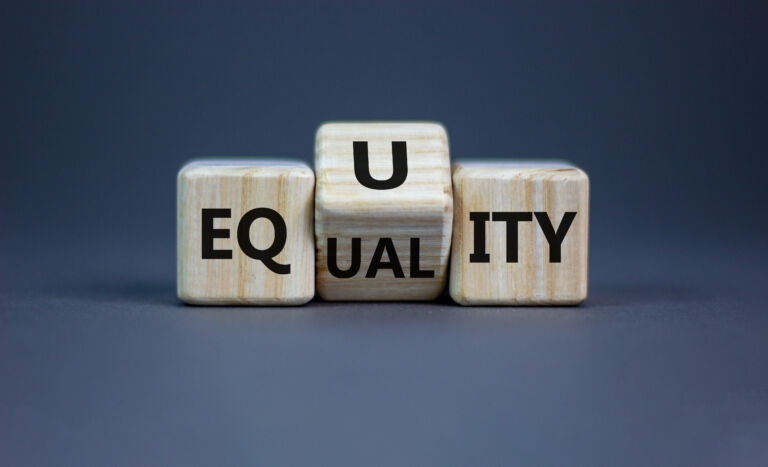Twice in three weeks a preacher has been given a public forum to speak about Jesus and the Gospel, and twice in three weeks that preacher has asserted a very political, small Jesus whose politics dovetails neatly with that of current American “progressives” — and left the Gospel out of it.
So what gospel is there? It’s the “gospel” of the political Jesus who, this movement asserts, actually “wouldn’t care for” their political opponents; whose most noteworthy accomplishment was “setting up free health clinics“; whose morality and faith is to grow government because caring for the poor is best rendered unto Caesar and asserting otherwise is not just unchristian apostasy but also actual “hate, harm, and hurt.”
It’s a political gospel, nothing more. Though to the “progressive” mindset there is nothing more important than politics. Thus the assertion of “public morality, social justice, and government policies,” “unchristian policies” that are unchristian insofar as they differ from the “social Gospel,” which is indeed “the politics of God.”
(Were this preacher of a different political inclination, here would follow weeks upon weeks of media, academic, and citizen outrage over impending “theocracy.” If, however, one were to wave a sign asking “Can We Please Leave God Out of Politics?” it would be in support of such rhetoric.)
Doubting Thomas that I am — if such a term can be given to one who believes that the principle of Esse Quam Videri applies even to policies asserted to be God’s only way of caring for the poor — I must once again point out that this “public morality” demands the following “moral” policies for the poor:
- Opposing as “unchristian” free enterprise, the most potent poverty-fighter in history.
- Expanding government poverty programs as the only acceptable way to fight poverty, despite their results being scandalously to the contrary over the decades.
- Demanding a much higher minimum wage, despite it having well-known negative effects against the poorest and least skilled, and worse, ignoring that these well-known negative effects were the desired outcome by the founders of the minimum wage: progressive eugenicists who wanted a minimum wage set because it would keep poor blacks from working and therefore, it was theorized, reproducing.
- Compounding this shame by taking advantage of undereducated, low-wage workers by convincing them to walk off their jobs and protest for wages that would put them out of work (that is, if walking off the job hadn’t already made that a fait accompli) — even though learning how to hold a job and appreciate the dignity of work are important in and of themselves to escaping poverty.
- Holding poor kids hostage to their only government-picked public-school option, even though they elsewhere criticize the morality of that option when the subject is something other than school choice.
- Socking people with higher electricity rates — despite electricity being a basic household need that consumes up to one-third of the take-home pay of the poor — by calling particular sources of expensive, inefficient energy “moral” and demanding they continue to receive the expensive, job-destroying government support the sources’ own supporters say they can’t live without.
- Forcing poor people to travel further and pay higher prices rather than do business at local, low-priced retailers, who it accuses of exploiting them by offering them groceries at affordable prices when other grocers can’t or won’t do it despite people in the community pleading for it.


